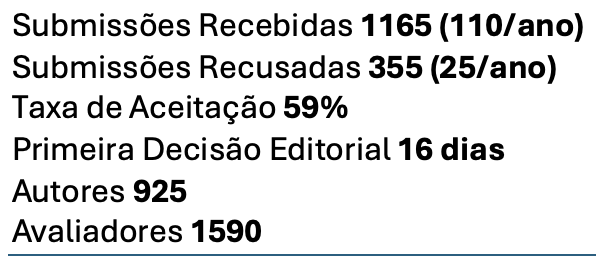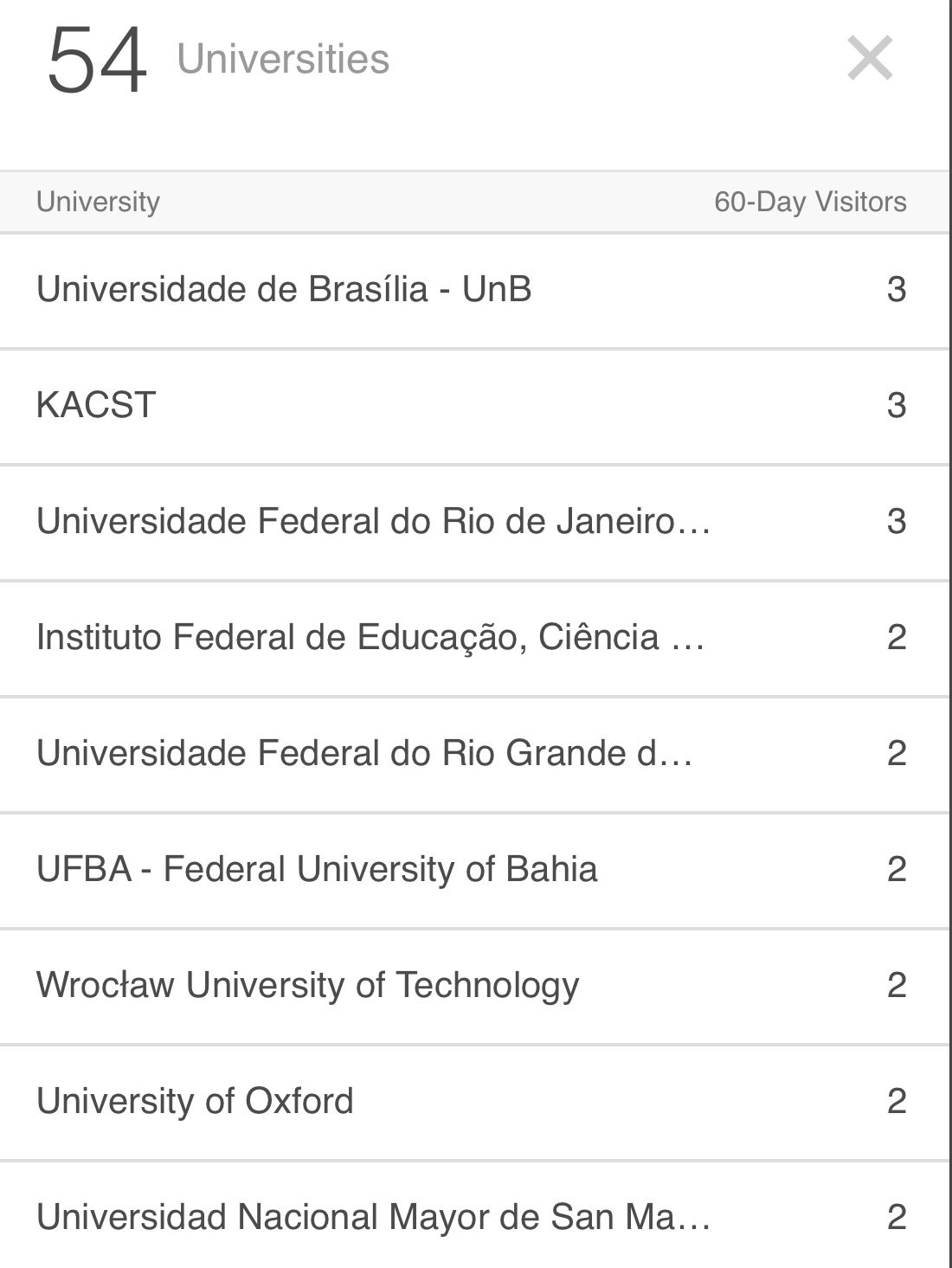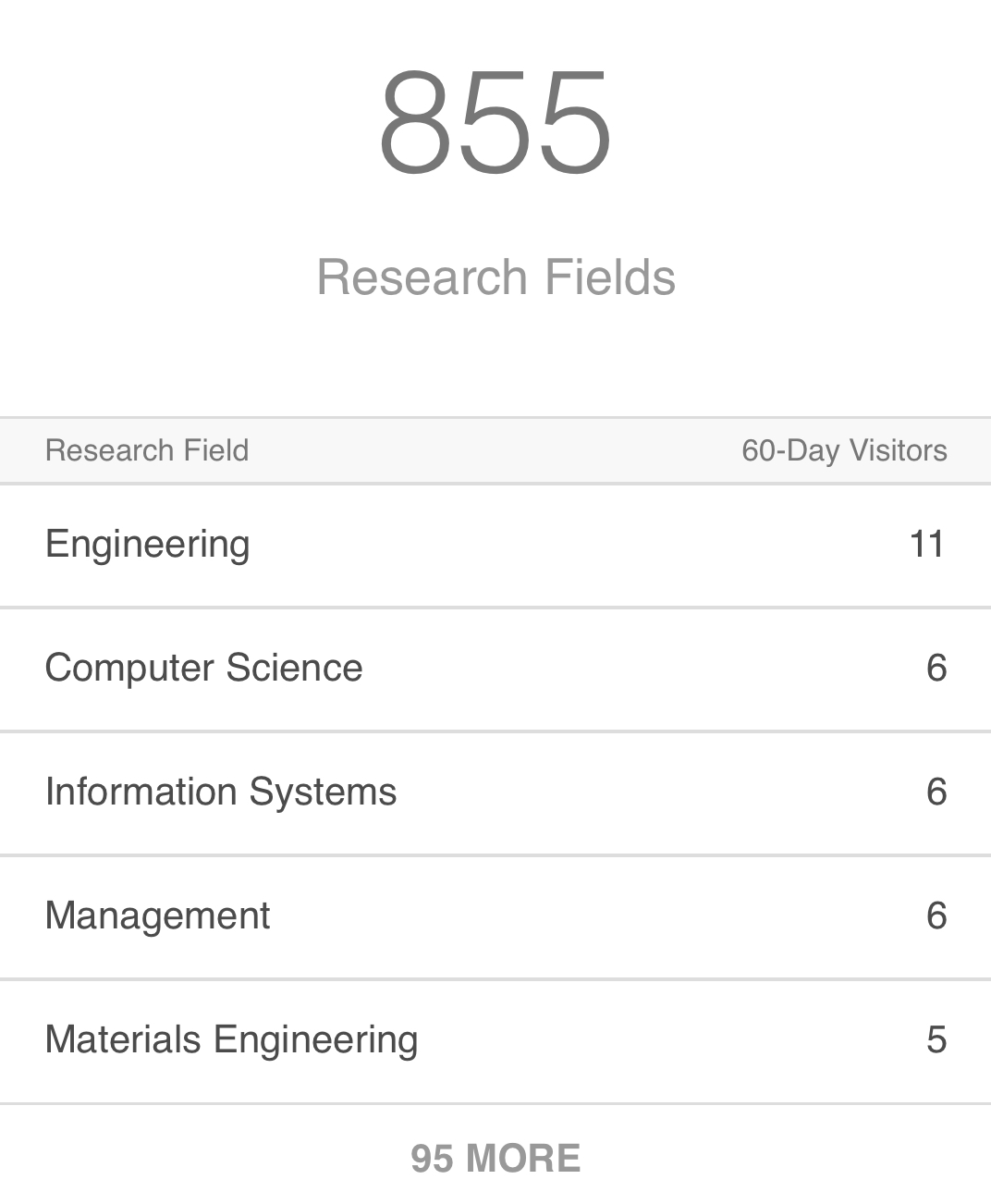Políticas públicas para biocombustíveis líquidos no setor de transporte rodoviário brasileiro
DOI:
https://doi.org/10.47456/bjpe.v7i2.35471Palavras-chave:
Biodiesel, Etanol, Renovabio, Emissões, Energia RenovávelResumo
O Brasil tem implementado diversas iniciativas visando diversificar a sua matriz energética de transportes e ampliar o uso de energias renováveis. Este artigo buscou discutir as políticas públicas vigentes para a adoção de biocombustíveis líquidos como carburantes, com enfoque no setor rodoviário brasileiro. Para tal, foi realizada uma revisão da literatura especializada. Nesse contexto, a principal política discutida no presente artigo foi a Política Nacional de Biocombustíveis (RenovaBio), que propõe a redução da emissão de gases de efeito estufa pela utilização de biocombustíveis como carburantes no setor rodoviário. Sobre o RenovaBio, acredita-se que esta política pública tem potencial para aumentar significativamente a oferta de biocombustíveis no setor de transporte rodoviário brasileiro e fomentar o desenvolvimento econômico do país, embora existam entraves políticos a serem superados a fim de garantir o pleno sucesso de sua implementação.
Downloads
Referências
Biofuture Platform. (2018). Renovabio - The new Brazilian biofuels policy. Recuperado de https://biofutureplatform.org/wpcontent/uploads/2018/06/RenovaBio-Mechanism-Policy-and-Instruments.pdf
Bird, J., & Straub, S. (2020). The Brasilia experiment: the heterogeneous impact of road access on spatial development in Brazil. World Development, 127, e104739.
Caldarelli, C. E., & Gilio, L. (2018). Expansion of the sugarcane industry and its effects on land use in São Paulo: Analysis from 2000 through 2015. Land Use Policy, 76, 264-274.
Campos, N. L. (2015). Políticas de estado no setor sucroenergético. Geo UERJ, 26, 301-328.
Castellanelli, C. A., & Cunha, L. M. (2015). Territórios em disputa: questões emergentes causadas pela expansão do mercado de biocombustíveis. Revista Espacios, 36(20).
Coelho, J. M. (2018). Modelos de suporte ao Renovabio. Rio de Janeiro: FGV Energia. Recuperado de https://fgv energia.fgv.br/eventos/Renova Bio-próximos-passos
Empresa de Pesquisa Energética. (2017). RenovaBio: Biocombustíveis 2030 - Nota Técnica: Regras de comercialização. Recuperado de https://www.epe.gov.br/sites-pt/publicacoes-dados-abertos/publicacoes/PublicacoesArquivos/publicacao-155/EPE%20-%20NT4%20-%20REGRAS%20DE%20COMERCIALIZA%C3%87%C3%83O%20-%20ARQUIVO%204.pdf
Empresa de Pesquisa Energética. (2019). Balanço Energético Nacional (BEN) 2020: Ano base 2019. Recuperado de https://www.epe.gov.br/sites-pt/publicacoes-dados-abertos/publicacoes/PublicacoesArquivos/publicacao-479/topico-528/BEN2020_sp.pdf
Empresa de Pesquisa Energética. (2020). Análise de Conjuntura dos Biocombustíveis - Ano 2019. Recuperado de https: https://www.epe.gov.br/sites-pt/publicacoes-dados-abertos/publicacoes/PublicacoesArquivos/publicacao-489/Analise_de_Conjuntura_Ano_2019.pdf
Farina, E. M., & Rodrigues, L. (2018). A política nacional de biocombustíveis e os ganhos de eficiência no setor produtivo. Boletim de Conjuntura, 1(3), 4-8.
Flexor, G. (2011). A economia política da construção institucional do mercado de biodiesel no Brasil. Análise Comparada de Políticas Agrícolas. Rio de Janeiro: Mauad X, 363-387.
Fraundorfer, M., & Rabitz, F. (2020). The Brazilian renewable energy policy framework: instrument design and coherence. Climate Policy, 20(5), 652-660.
Gimenez, A. R., Altopiedi, L. G., Carballo, N. V., Silva, L. C. M., & Liria, C. W. (2018). The rise in productivity and search for excellence in the Brazilian ethanol production: a success story. Research, Society and Development, 7(2), e1472195.
Goes, G. V., Gonçalves, D. N. S., Almeida, M., Mello Bandeira, R. A., & Grottera, C. (2020). Transport-energy-environment modeling and investment requirements from Brazilian commitments. Renewable Energy, 157, 303-311.
Grassi, M. C. B., & Pereira, G. A. G. (2019). Energy-cane and RenovaBio: Brazilian vectors to boost the development of Biofuels. Industrial crops and products, 129, 201-205.
Gusmão, A. C. S., & Ribeiro, P. C. M. (2020). Guidelines for the efficiency of urban goods distribution: The Brazilian case. Case Studies on Transport Policy, 8(4), 1478-1488.
Instituto Brasileiro de Geografia e Estatística. (2010). Atlas do Censo Demográfico 2010. Recuperado de https://biblioteca.ibge.gov.br/visualizacao/livros/liv64 529_cap1.pdf/
Instituto Brasileiro de Geografia e Estatística. (2021). Projeção da população do Brasil e das Unidades da Federação. Recuperado de https://www.ibge.gov.br/apps/populacao/projecao//index.html
Köberle, A. C., Rochedo, P. R., Lucena, A. F., Szklo, A., & Schaeffer, R. (2020). Brazil’s emission trajectories in a well-below 2° C world: the role of disruptive technologies versus land-based mitigation in an already low-emission energy system. Climatic Change, 162(4), 1823-1842.
Lefèvre, J., Wills, W., & Hourcade, J. C. (2018). Combining low-carbon economic development and oil exploration in Brazil? An energy–economy assessment. Climate Policy, 18(10), 1286-1295.
Lei nº 13.576, de 26 de dezembro de 2017. (2017). Dispõe sobre a Política Nacional de Biocombustíveis (RenovaBio), e dá outras providências. Diário Oficial da União, DF: Congresso Nacional.
Lima, A. S., & Fabiano, T. (2020). Renovabio: Innovation and Sustainability at the New Brazilian Biofuels Policy or The Emperor’s New Clothes? European Journal of Environment and Earth Sciences, 1(5).
Magalhães, J. P. A, Kuperman N., & Machado, R. C. (1991). Proálcool-Uma Avaliação Global. Ed. ASTEL Assessores Técnicos Ltda., Rio de Janeiro, 197.
Martinelli, L. A., & Filoso, S. (2008). Expansion of sugarcane ethanol production in Brazil: environmental and social challenges. Ecological applications, 18(4), 885-898.
Ministério da Agricultura, Pecuária e Abastecimento. Programa Nacional de Produção e Uso do Biodiesel (PNPB). (2020). Recuperado de http://www.agricultura.gov.br/assuntos/agricultura-familiar/biodiesel/programa-nacional-de-producao-e-uso-do-biodiesel-pnpb
Ministério de Minas e Energia. (2018). Renovabio: Perguntas e Respostas. Recuperado de http://www.mme.gov.br/documents/36224/459938/Nota+Explicativa+RENOVABIO+-+Documento+de+CONSOLIDACAO+-+site.pdf/dc4b6756-d7ca-ab6a-4aac-226c4b8bf436
Murta, A. L. S. (2018). CO2 emissions avoided through the use of biodiesel in the Brazilian road system. International Journal of Energy Economics and Policy, 8(2), 59-68.
Nastari, P M. (2018). Integrar as políticas agroindustrial e energética. AgroANALYSIS, 37(8), 19.
Nastari, P. M. (2017). Overcoming current challenges and framing the policy options ahead: Brazil’s new proposal for a biofuel national policy RenovaBio. Brasília: Plataforma para o Biofuturo.
Nuñez, H. M., Önal, H., & Khanna, M. (2013). Land use and economic effects of alternative biofuel policies in Brazil and the United States. Agricultural Economics, 44(4-5), 487-499.
Oliveira, F. C., & Coelho, S. T. (2018). Biodiesel in Brazil should take off with the newly introduced domestic biofuels policy: RenovaBio. Biofuels-Challenges and opportunities. IntechOpen, Londres, 161-177.
Oliveira, M. L. (2018). RenovaBio: por uma política nacional de biocombustíveis. Recuperado de https://sucroenergetico.revistaopinioes.com.br/revista/detalhes/1-renovabio-por-uma-politica-nacional-de-biocombus/
Olivério, J. L., Boscariol, F. C., & Ferreira, R. E. (2019, setembro). Brazilian monetary carbon credits (CBio) optimized using sustainable mill technologies. Proceedings of the International Society of Sugar Cane Technologists, Tucumán, Argentina, 30.
Penido, M. O. (2016). Desvelando discursos: insustentabilidade e poder nos agrocombustíveis. Desenvolvimento e Meio Ambiente, 38, 617-636.
Policarpo, N. A., Silva, C., Lopes, T. F. A., Santos Araújo, R., Cavalcante, F. S. Á., Pitombo, C. S., & Oliveira, M. L. M. (2018). Road vehicle emission inventory of a Brazilian metropolitan area and insights for other emerging economies. Transportation Research Part D: Transport and Environment, 58, 172-185.
Ramos, R. S., Silva, G. C., Martins, L. S. S., & de Moraes Filho, R. M. (2019). To burn or not to burn. the potential of use and production of biofuels in Brazil. Ann Agric Crop Sci, 4(3), e1049.
Resolução CNPE nº 15, de 24 de junho de 2019. (2019). Estabelece as metas compulsórias anuais de redução de emissões de gases causadores do efeito estufa para a comercialização de combustíveis. Brasília, DF.
Ribeiro, D. D., & Dias, M. S. (2013). Políticas públicas para a Agricultura Familiar: o PAA e o PNPB (Public Policy for Agriculture Family: the PAA and PNPB). Mercator, 12(27), 81.
Ribeiro, S. K., & Abreu, A. A. (2008). Brazilian transport initiatives with GHG reductions as a co-benefit. Climate Policy, 8(2), 220-240.
Rodrigues, N., Losekann, L., & Silveira Filho, G. (2018). Demand of automotive fuels in Brazil: Underlying energy demand trend and asymmetric price response. Energy Economics, 74, 644-655.
Rodríguez-Morales, J. E. (2018). Convergence, conflict, and the historical transition of bioenergy for transport in Brazil: The political economy of governance and institutional change. Energy Research & Social Science, 44, 324-335.
Rosillo-Calle, F., & Cortez, L. A. (1998). Towards ProAlcool II—a review of the Brazilian bioethanol programme. Biomass and Bioenergy, 14(2), 115-124.
Salles-Filho, S. L. M., Castro, P. F. D., Bin, A., Edquist, C., Ferro, A. F. P., & Corder, S. (2017). Perspectives for the Brazilian bioethanol sector: The innovation driver. Energy Policy, 108, 70-77.
Salvo, A., & Huse, C. (2013). Build it, but will they come? Evidence from consumer choice between gasoline and sugarcane ethanol. Journal of Environmental Economics and Management, 66(2), 251-279.
Santos, G. F. (2013). Fuel demand in Brazil in a dynamic panel data approach. Energy Economics, 36, 229-240.
Schmitt, W. F., Szklo, A., & Schaeffer, R. (2011). Policies for improving the efficiency of the Brazilian light-duty vehicle fleet and their implications for fuel use, greenhouse gas emissions and land use. Energy Policy, 39(6), 3163-3176.
Seeg Brasil. (2020). Análise das emissões brasileiras de gases de efeito estufa e suas implicações para as metas do Brasil 1970-2019. Recuperado de https://seeg-br.s3.amazonaws.com/Documentos%20Analiticos/SEEG_8/SEEG8_DOC_ ANALITICO_SINTESE_1990-2019.pdf.
Stattman, S. L., Hospes, O., & Mol, A. P. (2013). Governing biofuels in Brazil: A comparison of ethanol and biodiesel policies. Energy Policy, 61, pp. 22-30.
Ventura, L. M. B., Ramos, M. B., Márcio de Almeida, D. A., & Gioda, A. (2020). Evaluation of the impact of the national strike of the road freight transport sector on the air quality of the metropolitan region of Rio de Janeiro, Brazil. Sustainable Cities and Society, 65, e10258.
Downloads
Publicado
Edição
Seção
Licença
Copyright (c) 2021 Julio Pansiere Zavarise, Vinícius Wittig Vianna, Laura Marina Pinotti, Gisele de Lorena Diniz Chaves, Wanderley Cardoso Celeste (Autor)

Este trabalho está licenciado sob uma licença Creative Commons Attribution 4.0 International License.

Atribuição 4.0 internacional CC BY 4.0 Deed
Esta licença permite que outros remixem, adaptem e desenvolvam seu trabalho não comercialmente, contanto que eles creditem a você e licenciem suas novas criações sob os mesmos termos.



















































